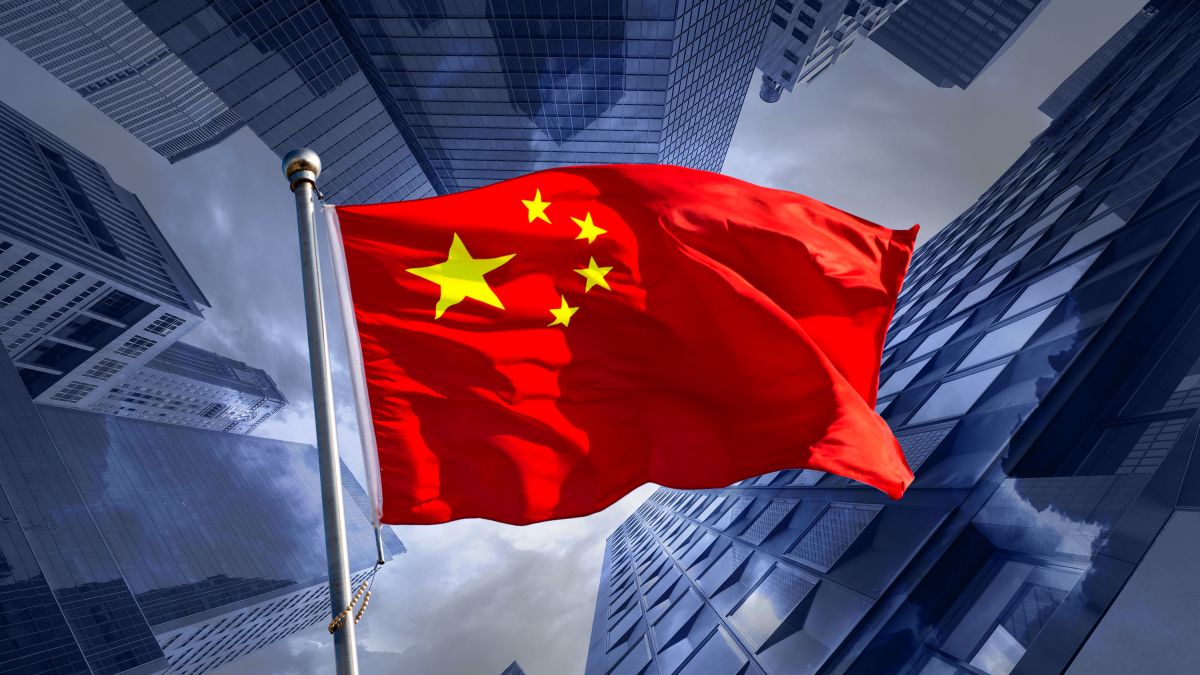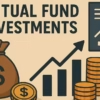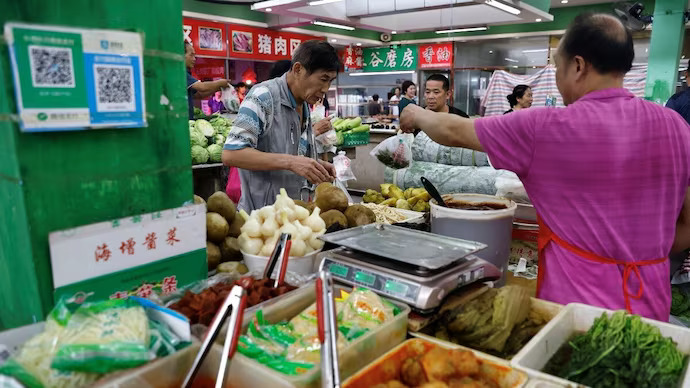

More in Business
-


Business
Rimi Sen: From Dhoom Star to Dubai Real Estate Agent
Former Bollywood star Rimi Sen has made a significant career shift, trading her acting career for...
-


Business
Jacob & Co Launches Vantara Watch for Anant Ambani
Luxury watchmaker Jacob & Co. has unveiled the Vantara, a $1.5 million timepiece inspired by the...
-


Business
PhonePe Nears 10 Billion UPI Transactions Ahead of Mega IPO
Record Transaction Volumes India’s largest Unified Payments Interface (UPI) app, PhonePe, is on the verge of...
-


Business
SoftBank Cuts Stake in Ola Electric to 13.53%
Regulatory Filing Confirms Sale Japanese multinational investment firm SoftBank has reduced its stake in Ola Electric...
-


Business
Tata Power Renewable Energy to Build India’s Largest Ingot & Wafer Facility
Project Overview Tata Power Renewable Energy Ltd (TPREL) will establish a greenfield 10 GW ingot and...





















